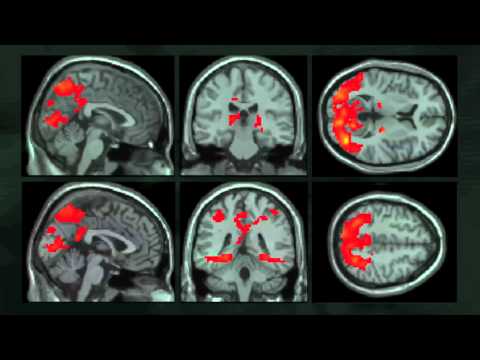Learning a language is known to have many benefits, but did you know that it will make you a better person?
For any bilingual or ‘trilingual’ individuals reading this, we can often take these benefits for granted since it becomes a norm after a while. But if you’re learning a new language or aspiring to learn a new language, keep these benefits in mind to keep you motivated during the journey.
Let’s start with…
1. Learning a Language Will Improve Your Relationships
The first reason for this is because most people today have friends, co-workers, customers, or even family members that speak another language as their native tongue. This is a massive transition from twenty to thirty years ago, where we didn’t live in as much of a multilingual world.
There’s no better way to improve a relationship with someone than to speak their language.
Another reason is that studies show bilingual people have two different personalities[1] — one when they’re speaking their native language (i.e. English), and another when they’re speaking the other language (i.e. Spanish). This may seem opposing at first, but this allows bilingual individuals to become more empathetic to a more diverse group of people.
2. Learning a Language Will Improve Your Memory
Studies show that bilingual children have a better working memory than a child that can only speak one language. While most of the memory is developed when we’re young, adults can still reap the benefits that come with being bilingual.
The University of Edinburgh has also found when studying the benefits of language learning in the brain, that most of the subjects were adults!
3. Learning a Language Will Make You More Money
Learning a language has shown to add between 10–15% to your wage, according to language specialist recruitment agency, Euro London.[2]
According to The Economist, these are the breakdowns by the most useful languages to learn for annual bonuses:
- Spanish — 1.5 percent bonus
- French — 2.3 percent bonus
- German — 3.8 percent bonus
This means that you can make an additional $50,000 to $125,000, just for knowing how to speak a foreign language!
4. Learning a Language Will Make You Sexier
A 2013 survey found that 79% of adults find being able to speak a second language a more attractive trait than speaking a single language.[3]
This also depends on what language you speak and who you’re speaking with of course. For example, French was considered the sexiest language, followed by Italian, then Spanish, then English.
5. Learning a Language Will Advance Your Professional Career
Over 60%+ of companies around the world have difficulty expanding internationally due to language barriers. Surveys show that employers value employees who can speak more than one language, and the more valuable you are in the marketplace, the more likely you will have additional opportunities to choose from.
6. Learning a Language Will Delay Diseases
When it comes to the brain, learning a new language can prevent or delay Alzheimer’s disease and dementia by 4.5 years.[4] This is a far more powerful than the best drugs which only delays the symptoms by 6–12 months.[5]
The American Academy of Neurology has performed studies finding that speaking more than one language increases the amount of neural pathways in the brain, which is why it’s effective in preventing the most common brain diseases.
7. Learning a Language Will Improve Your Native Language
According to the Impact of the Second Language Education, learning how to speak a second language alone will significantly improve the grammar, reading, vocabulary, and speaking skills of your first language.
You can think of it as learning how to play baseball when you’ve been playing tennis your whole life. It’s a different sport, but the muscle coordination and athletic abilities directly translate to accelerate your learning curve.
Reference
| [1] | ^ | Elite Daily: People Who Are Bilingual Are Smart, Creative And Better Lovers |
| [2] | ^ | The Guardian: Learning a foreign language: Now you’re talking |
| [3] | ^ | fox4kc: Bilingual is sexy, so says international survey |
| [4] | ^ | Neurology: Bilingualism delays age at onset of dementia, independent of education and immigration status |
| [5] | ^ | Alzheimer’s Association: Medications for Memory |














































